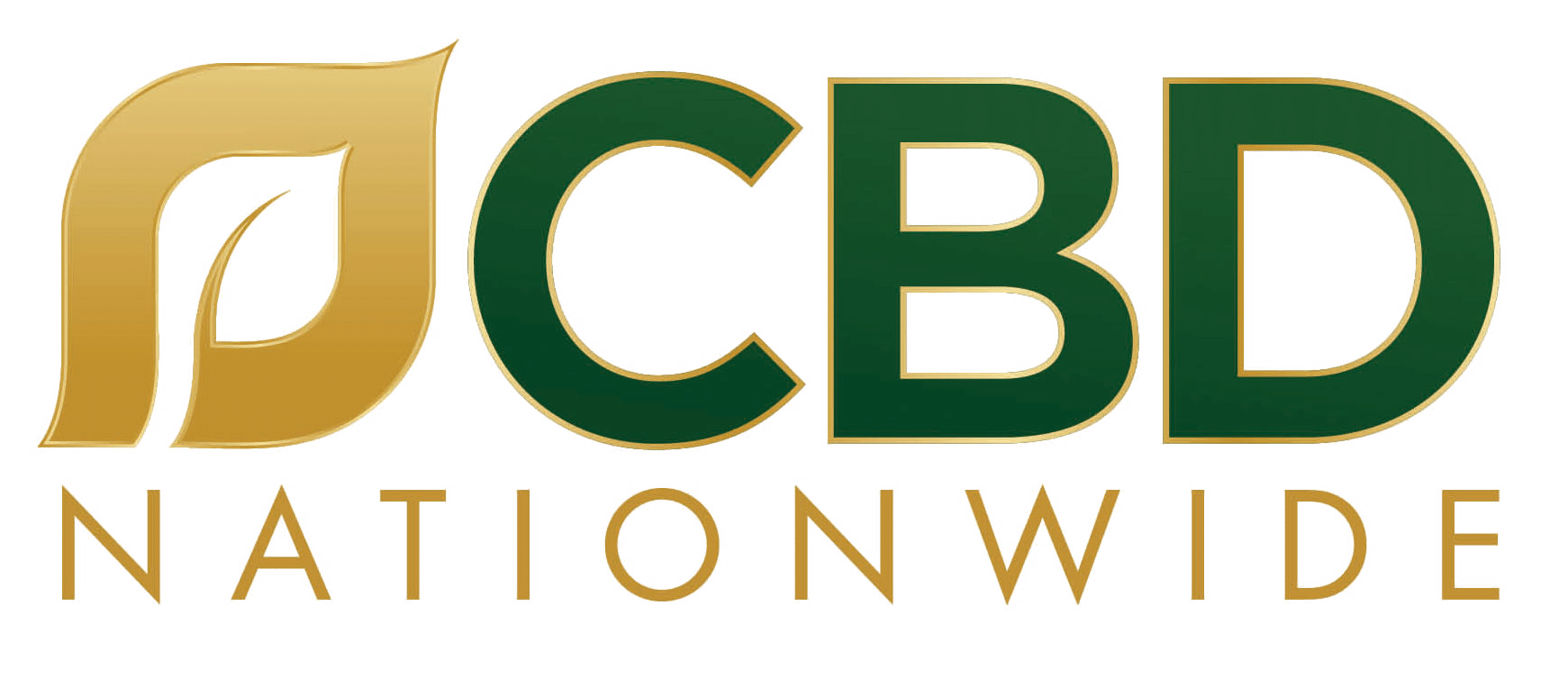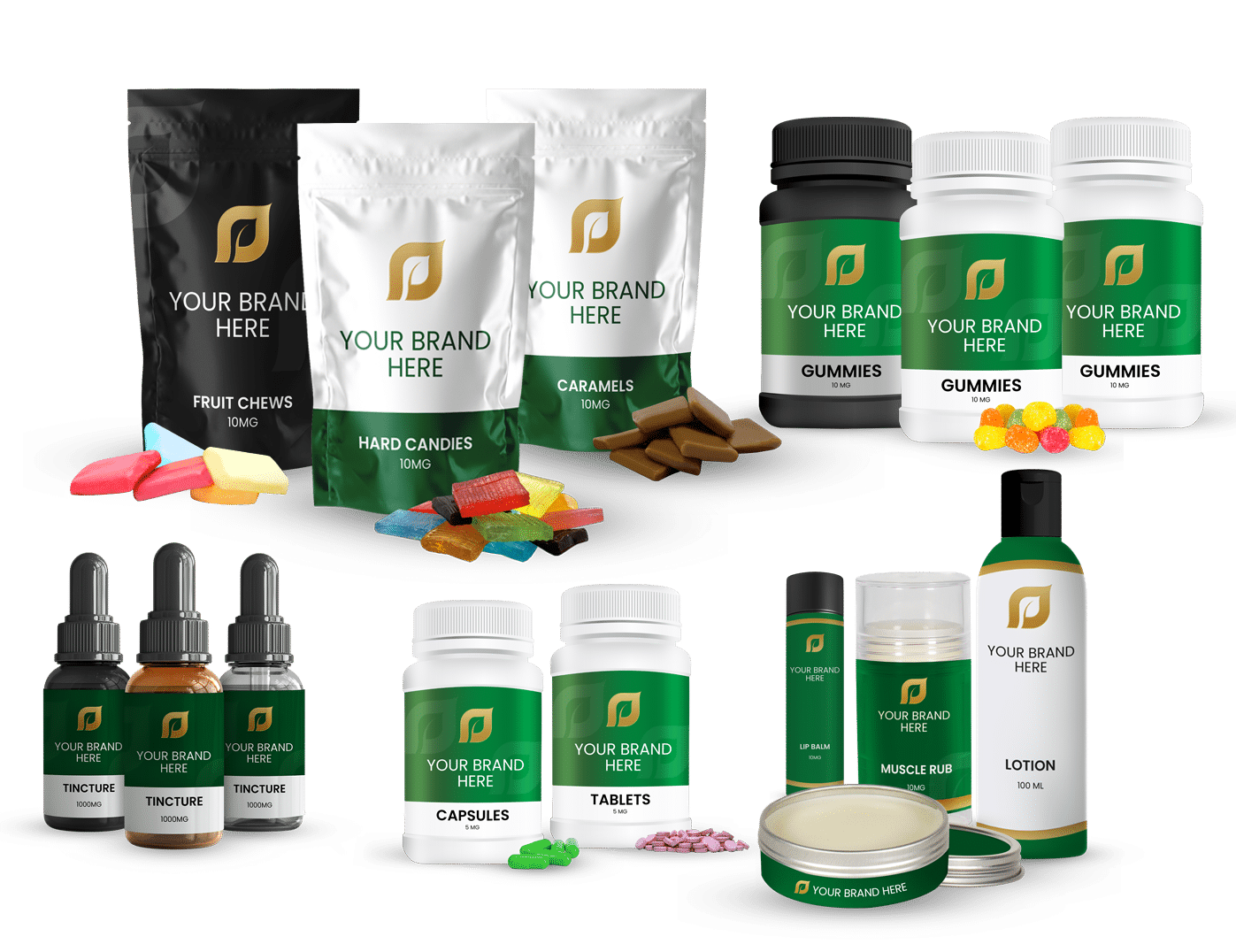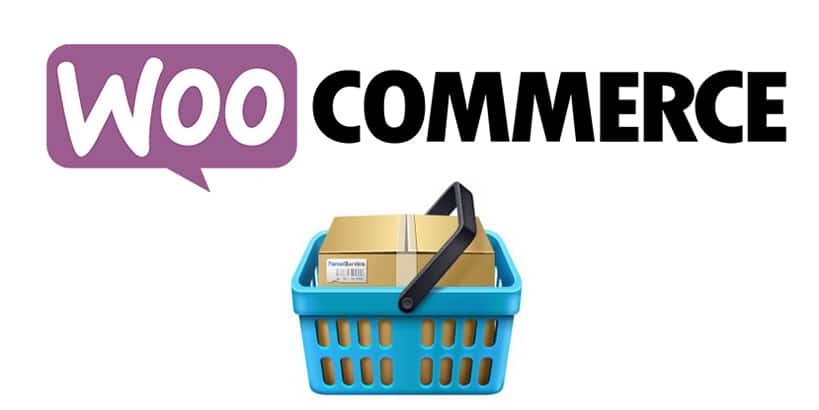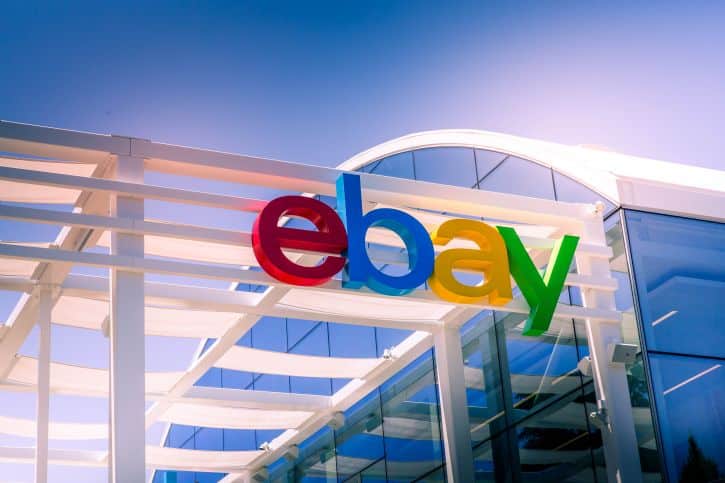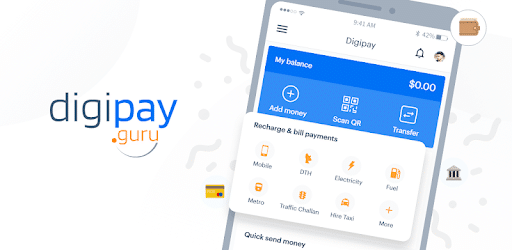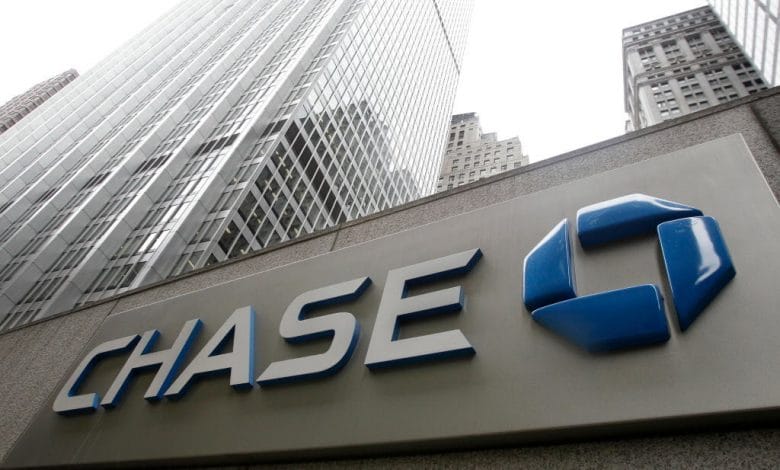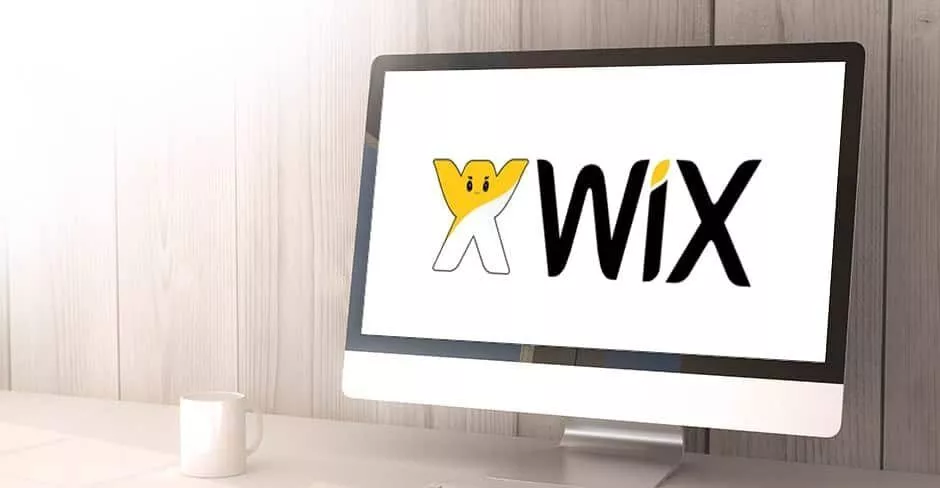While the CBD industry has been legalized in many parts of the United States and other countries worldwide, banking for CBD businesses remains somewhat elusive due to the associated risks. So, if you’d like to find out how to set up a bank account for your CBD business, we have the answer.
Despite the tremendous growth of the CBD industry after the US government took hemp-derived products off the Schedule 1 substances list, commercial banks have been hesitant to provide business solutions for CBD companies. However, a few banks, primarily online, offer services for CBD businesses.
If you’ve started a CBD business, you’re going to need a bank account that can process transactions, among other essential services. However, due to a lot of ambiguity with the legality of CBD product sales, some banks are hesitant to provide services for CBD businesses.
Banking for CBD businesses is complex due to regulatory ambiguities and perceived risks. However, some banks and financial institutions do support the CBD industry. In the U.S., options include Silicon Valley Bridge Bank, Timberland Bank, and Chase. In Europe, Electronic Money Institutes (EMIs) offer comprehensive services with dedicated IBANs for CBD businesses. Before applying, ensure compliance with THC concentration guidelines and have proper documentation to confirm your business legality.
In this article, we’ll explain why and help you find a CBD-friendly bank.
Table of Contents
ToggleWhy Banks Aren’t CBD-Friendly
If you’ve started a business selling CBD products, you will be well aware of how difficult it is to comply with the effectively non-existent industry regulations.
The 2018 Farm Bill made many prospective entrepreneurs hopeful that the legal barriers to entering the CBD industry would disappear. However, the progress that has been made since has been glacial at best. This means that strict banking restrictions continued to prevail because individual states were instructed by the US Department of Agriculture (USDA) to develop their own hemp regulatory programs [1].
As a result, a variety of legislative or regulatory issues regarding CBD products have arisen due to vague laws and complications regarding sales between merchants operating in one state and individuals purchasing products in other states.
Because they lack established guidelines, banks providing business services for companies that sell CBD products are hesitant to work with new entrants in this incredibly promising industry due to the perception of higher levels of risk.
Consequently, banks will either refuse to work with any company that sells hemp derivatives like CBD or charge them higher service fees to accommodate the relatively higher risk of doing business.
Due to ambiguities and the blurry lines between what falls under federal and state jurisdiction and what is considered a CBD product for medicinal or recreational use, risk assessments and compliance become tricky to monitor and enforce.
Some CBD topicals are even considered cosmetics. Many items can be produced from hemp derivatives that may not be considered to fall under the USDA’s jurisdiction. In other words, it is often unclear whether a product is considered to be a hemp derivative or under another category of commercial goods.
And the United States is just one country. Other regions around the world have entirely different sets of laws and have to abide by different regulatory frameworks.
Which Banks Permit CBD Companies?

Some banks have recognized the potential for growth in the CBD industry and the growing demand for CBD products and have decided to lead the pack of hemp-friendly banks while taking on the associated risks [2].
In Europe, the best option for an online CBD business is to get comprehensive business banking options through Electronic Money Institutes (EMIs). These services will allow you to send and receive funds, make wire transfers, SWIFT, and SEPA transactions, and issue debit cards and cash withdrawal services.
The best part about EMIs in Europe is that CBD businesses have a dedicated International Bank Account Number (IBAN), which allows them to make wire transfers and access currency exchange services efficiently.
Best Banks For CBD Business
In the United States, a few traditional banks have decided to accept CBD businesses [2]. Here are 21 CBD-friendly banks that you can open an account with today:
Silicon Valley Bank – Now Silicon Valley Bridge Bank
This was our previous number one recommended bank, but it is currently in the midst of a lot of controversy. The parent company of Silicon Valley Bank has filed for Chapter 11 bankruptcy, causing FDIC to take over and create Silicon Valley Bridge Bank. The new CEO says that they “are also open for business for any new customers.”
Timberland Bank
Timberland Bank is a great choice for those in the state of Washington. They offer both business and personal accounts so that you could use them for both your CBD enterprise and your private banking.
Chase Bank
Chase is the largest bank to accept CBD businesses. If you’re looking for a global financial institution to be your banking partner, Chase is probably the best choice for your business.
(Read our Chase Bank CBD review here)
The Salal Credit Union
Salal Credit Union operates out of Washington State. Many small businesses prefer the service of credit unions to banks. Salal could be a good choice for any Washingon based CBD business.
North Bay Credit Union
This California-based credit union offers CBD business banking and merchant account services. They also make things easy with an online application form.
The Numerica Credit Union
Numerica is another Washington-based credit union that works with CBD-based businesses.
The MAPS Credit Union
MAPS Credit Union is based out of Oregon. In addition to providing CBD banking services, they also have insurance available for the cannabis industry.
Partner Colorado CU
For Colorado CBD businesses, Partner Colorado Credit Union is a likely choice. Contact them from the link above to learn more about the services they have available for the CBD industry.
West Town Bank & Trust
West Town Bank & Trust claims to embrace hemp-related businesses. While some banks just allow CBD companies to work with them, other banks are actively trying to make themselves as attractive as possible for this growing market niche. They even have cannabis leaves on their website. How many banks would do that?
First Federal Bank
First Federal Bank has a specialty team member dedicated to what they call “specialty banking.” They work with both cannabis and hemp businesses. They could be a good choice for a business that does more with cannabis than just CBD.
JBT Bank
JBT Bank is another progressive financial institution with a big pot leaf on its website. They work with industrial hemp, CBD, and medical cannabis businesses. If you are operating out of Pennsylvania, they are probably your best choice.
TFNB
TFNB is a Texa-based bank that works with all aspects of the hemp industry, including CBD businesses. They have clear guidelines on their website that explain exactly what they need from a potential client that wants to set up an account.
Credit Union 1
Credit Union 1 has decided to really embrace the cannabis industry. The page address for their cannabis banking page even includes “420.” The bank has locations in Illinois and Nevada and works with all types of cannabis businesses.
Florida Capital Bank
Unfortunately, FCB is not currently accepting new clients, but they do encourage prospective customers to reach out with any questions about their hemp services. You can contact Stew Baker at 904-476-6767.
Alterna Savings
If you are looking for a CBD and cannabis-friendly bank in Canada, Alterna might be the right choice for you.
NPS Bank
NPS Bank specializes in merchant accounts for CBD businesses. Their merchant account service allows you to process credit card and cryptocurrency payments for CBD sales.
First Citizens Bank
First Citizens Bank has expertise in the hemp business. They not only provide banking services but can help advise your CBD business on some of the regulatory nuances that are prevalent in the industry.
Customers Bank
The CEO of Customers Bank, Jay Sidhu, sees the tremendous growth in the hemp and CBD industry. He wants his bank and its customers to be at the forefront of this trend.
Safe Harbor Financial
Safe Harbor Financial can provide financing for your CBD business. What does this mean? They have a variety of loan products available for CBD businesses so that they can grow and scale.
Abaca
Abaca’s merchant account services and CBD expertise make them an attractive choice for anyone looking for a CBD bank.
Valley
Valley not only works with hemp and CBD businesses, other types of legal cannabis businesses. They are one of the few banks that medical and recreational marijuana companies can use currently.
Fresno First Bank
Fresno First Bank doesn’t just take CBD customers. They’ve designed a suite of products and services specifically for CBD businesses. If you don’t have a bank yet for your CBD business, you should definitely give them a look.
Which Bank To Choose
Many of the banks listed are regional, meaning that they only operate out of one or two states. If your state has a CBD-friendly bank, that might be the best choice.
The other thing to consider is whether you’d prefer to work with a traditional bank or a credit union. Most credit unions are not for profit, which means they put their customer’s needs first.
The good news is that the CBD industry is growing astronomically, and the legislation and regulative frameworks are progressively improving. They will become far more comprehensive in years to come [1].
This means that, as risk profiles for CBD businesses are reduced, more banks will start offering business solutions, such as loans, merchant services, and payment facilities. For now, though, your options are somewhat limited.
How To Set Up Banking For A CBD Business In America

For most people, the first strategy for setting up a business banking application for a CBD business would be to approach the bank you already belong to. First, reach out to a consultant at your bank and enquire whether they offer services such as banking, card processing, and other merchant services like payment gateways.
Should your existing bank refuse to serve your new CBD business, you can approach any of the banks listed above (or EMIs) to enlist their services. It is usually best to approach smaller banks with more progressive policies because large banks tend to have a more conservative approach to their policies [3].
Before submitting your application, ensure you comply with several business requirements. For example, your CBD products shouldn’t have a THC concentration above 0.3% to comply with USDA regulations. You also need documented proof of your wholesale purchases and whether they come from legal sources. Beyond this, be sure to have supporting documentation to confirm your business registration, your ID, and proof of address [3].
Once you’ve gathered all of the necessary documents to complete your application, you can begin the process and follow the bank’s instructions for the next steps that you need to take[4].
FAQ
Why is Banking Difficult for CBD Businesses?
Banking for CBD businesses is a challenge primarily due to regulatory ambiguities and the perception of high risk in the industry. Many banks are hesitant to offer services due to the lack of clear guidelines and the varied state-by-state legislation related to CBD and hemp products.
What Are Some CBD-Friendly Banks in the United States?
In the U.S., there are a few options for CBD-friendly banking. Notable examples include Silicon Valley Bridge Bank, Timberland Bank, and Chase. These financial institutions have shown a willingness to work with CBD businesses, although their services and fees may vary.
How Can I Set Up a Bank Account for My CBD Business?
To set up a bank account for your CBD business, check with your existing bank to see if they offer CBD-friendly services. If not, you can approach one of the CBD-friendly banks listed in our article. Make sure you comply with all legal requirements, such as ensuring your CBD products have a THC concentration below 0.3%. You’ll also need to provide business documentation like registration, ID, and proof of address.
Conclusion
Banking for CBD businesses is difficult because most banks refuse to provide business solutions due to the high-risk profiles of the industry. However, a few small banks are willing to offer CBD business banking solutions. To secure a business account, you will have to ensure you operate within existing regulatory frameworks and provide documentation to support this. As more CBD regulations are developed, banking will become easier for your CBD business.
Sources
